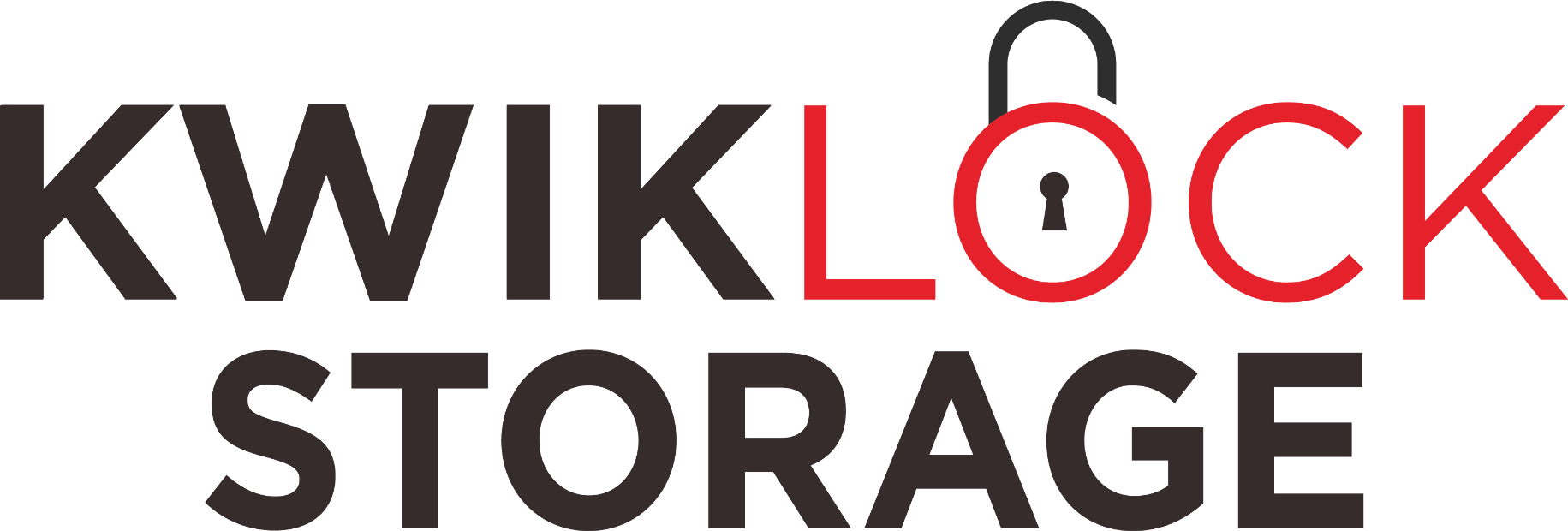The Cost of Moving: Understanding the Expenses
Moving to a new home is an exciting adventure, but it can also come with its fair share of expenses. Whether you're relocating to a different city or just down the street, it's essential to plan ahead and understand the cost implications involved. In this guide, we'll explore the various expenses associated with moving and provide tips on how to minimize costs without compromising the quality of your move.
Hiring Professional Movers vs. DIY Moving: Which is More Cost-Effective?
Professional Movers:
Hiring professional movers offers convenience and peace of mind, but it typically comes at a higher cost. The expenses associated with professional movers include packing services, transportation, labor, and insurance coverage. The advantage of professional movers is that they handle the logistics, ensuring a smooth and efficient move. However, the cost can vary based on factors such as distance, the size of your household, and the services you require.
DIY Moving:
Opting for a DIY move can be a more budget-friendly option, especially if you have the time and willingness to do the heavy lifting yourself. DIY moving involves renting a moving truck, purchasing packing supplies, and recruiting friends or family to help with loading and unloading. While it may require more effort on your part, it can significantly reduce the overall cost of your move.
Calculating Moving Expenses: Factors to Consider
Distance:
The distance of your move plays a significant role in determining the cost. Long-distance moves typically involve higher expenses due to fuel costs, tolls, and potential overnight accommodations. Conversely, local moves within the same city or neighborhood are generally more affordable. City Moving Cost Calculator
Size of Household:
The size of your household directly impacts the cost of moving. The more belongings you have, the larger the truck you'll need and the more time it will take to pack and load everything. Consider decluttering and selling or donating items you no longer need to reduce the volume of your move, potentially lowering the costs.
Timing:
The time of year and day of the week can influence the cost of moving. Peak moving seasons, such as summer and weekends, tend to be more expensive due to higher demand. If possible, consider scheduling your move during the off-peak season or on weekdays to secure better rates.
Additional Services:
Additional services, such as packing and unpacking, furniture assembly, or storage, can add to the overall cost of your move. Evaluate which services are essential for your specific needs and budget accordingly.
Tips for Minimizing Moving Costs
- Plan Ahead: Give yourself enough time to research and compare moving companies or rental truck options to secure the best rates.
- Get Multiple Quotes: Obtain quotes from different movers or rental truck companies to compare prices and services. Be sure to inquire about any hidden fees or additional charges.
- Declutter Before Moving: Sort through your belongings and sell, donate, or discard items you no longer need. This not only reduces the volume of your move but can also earn you some extra cash.
- Pack Yourself: If you have the time and energy, consider packing your belongings yourself. This can save money on packing services offered by professional movers.
- Utilize Self Storage: If you need temporary storage during the moving process, consider renting a self storage unit. It's a cost-effective solution that provides a secure space for your belongings until you're ready to move them to your new home.
- Opt for Off-Peak Times: Whenever possible, schedule your move during non-peak seasons and weekdays to take advantage of lower rates. Moving companies and rental truck companies often offer discounts during these times.
- Use Free or Low-Cost Packing Supplies: Instead of purchasing brand new packing supplies, look for free or affordable alternatives. Ask local grocery stores for unused cardboard boxes or use items like blankets, towels, and clothing to wrap fragile items.
- Take Advantage of Tax Deductions: If your move is due to work-related reasons, you may be eligible for certain tax deductions. Consult with a tax professional to understand the deductions you can claim and save on moving expenses.
- Consider Insurance Options: Accidents can happen during a move, so it's essential to have insurance coverage for your belongings. Check with your moving company or rental truck company to see what insurance options they offer and choose the one that best fits your needs and budget.
Moving can be a costly endeavor, but with careful planning and consideration, you can minimize your expenses. Whether you choose to hire professional movers or opt for a DIY move, understanding the factors that affect the cost of moving is crucial. By implementing cost-saving strategies and making smart choices, you can streamline the moving process and make it more affordable. Remember to compare quotes, declutter, pack efficiently, and take advantage of off-peak times to save money. With the right approach, you can have a successful and cost-effective move to your new home.
